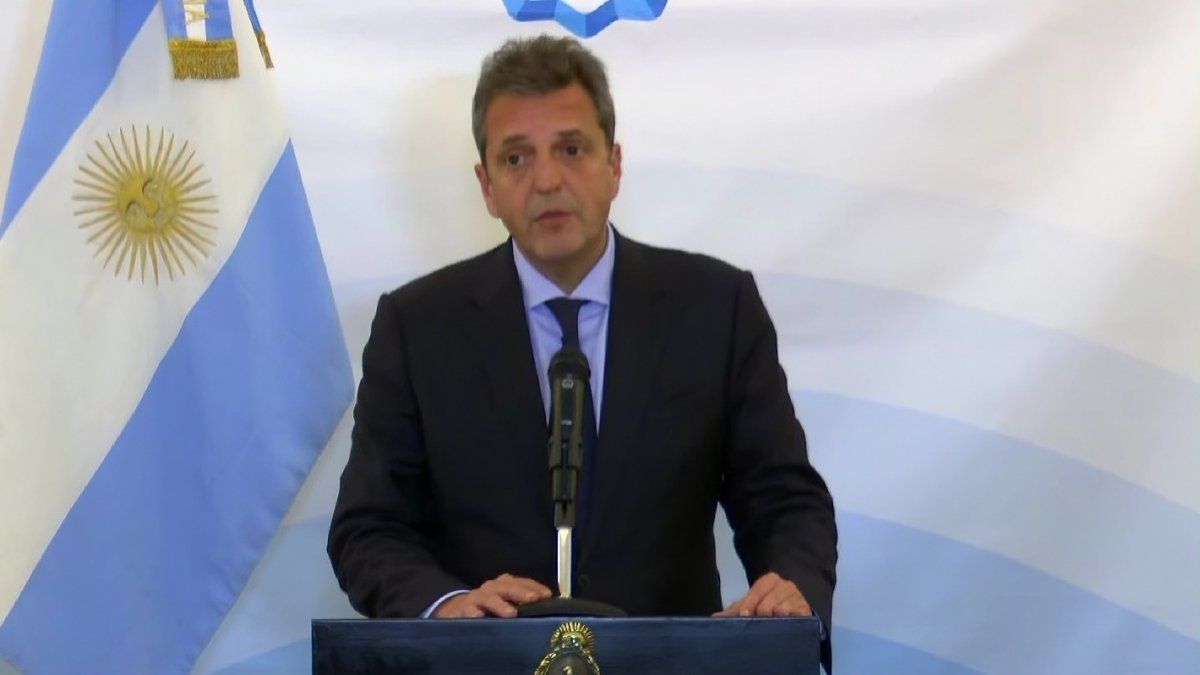The minister and candidate announced a battery of measures to strengthen the activity and income of families and workers. They constitute “antibodies” for the recommendations that the International Monetary Fund (IMF) gave to the Government.
Prior to his trip to Brasilia, the minister Sergio Massa unveiled what could be synthesized in the figure of an important agreement on prices and wages. The obvious objective is to strengthen the activity and income of families and workers. With their pluses and minuses, there are measures to temporarily fatten pockets and offset the rise in prices resulting from the devaluation, and others to ensure that economic activity does not experience an abrupt decline. There are measures for the lowest income sectors, but also for those who will benefit from the strong propensity to consume in this segment that boosts the activity -and the income- of the middle sectors of society, badly hit by inflation.
The content you want to access is exclusive to subscribers.
If you think about it, they are decisions that, in whole or in part, constitute “antibodies” to the recommendations that the Monetary Fund (IMF) has given to the Casa Rosada: rate hikes, spending cuts, rate adjustments, etc. , go against the grain of a drop in inflation and, therefore, of stability in terms of income. It is not for nothing that the announcement comes after the Government achieved the disbursement of US$7.5 billion and when there are still almost 90 days left to discuss the new transfer of resources by the agency.


The universe of what has been announced contains not only a fixed sum for workers in the private and state sectors ($60,000 payable in two installments for salaries that do not exceed $400,000), but also good news for the beneficiaries of the Alimentar Card (reinforcements in two installments monthly) and for retirees (additional $37,000 and the minimum will reach $124,000) and other tax advantages for purchases with VAT. There are also many measures for monotributistas, regional economies, workers in private homes, among other beneficiaries.
In political matters, the battery of measures contains, within it, a fundamental virtue and a key element: in a context like the current one, and after the result of the PASO, Minister Sergio Massa manages to recover the political initiative with a sequence of high economic impact at the same time that it will force the spaces of La Libertad Avanza and Juntos por el Cambio to demonstrate in favor or against the measure. This could provide the ruling party with a substantial advantage: to discuss specific issues that have often not been part of the agenda. Massa thus arrives with some definitions that, as was said, in the short term, will seek to compensate for what could be considered to be one of the main socioeconomic problems, the loss of the purchasing power of wages and income for a large part of the population. But there is something else: the Government once and for all rolls out the advantage that having the tools of public policies with immediate effect implies in the electoral discussion.
Source: Ambito




